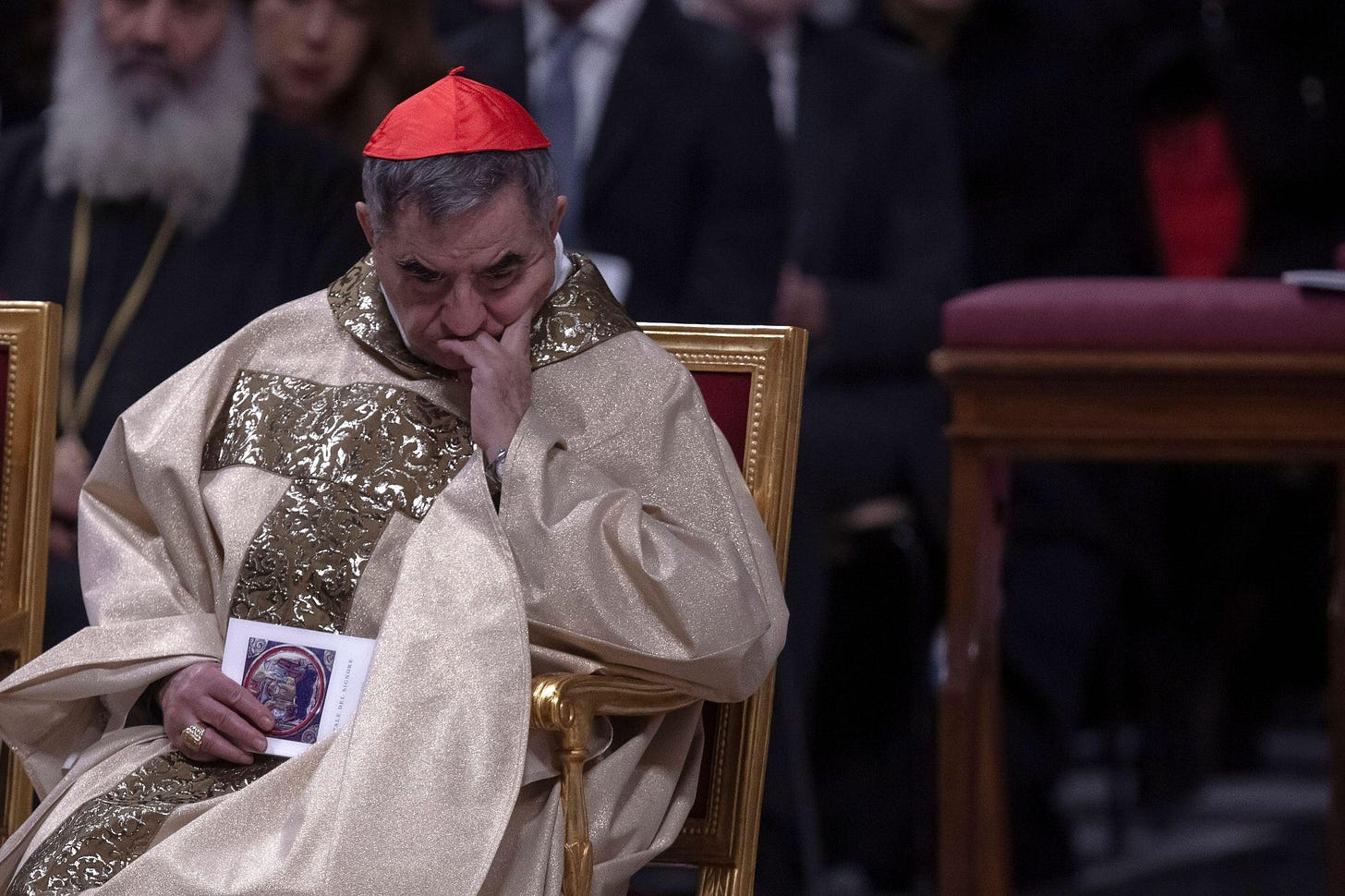Vatican judges dismiss defense motions, end evidence phase in financial trial
After hearing evidence from witnesses and defendants last week, the court will now move on to arguments from prosecutors and defense lawyers
Judges have ruled that the evidentiary phase of the Vatican financial trial will close in June, nearly two years after the trial began.
A three-judge tribunal delivered the decision to end witness depositions on Friday in Vatican City, clearing the way for prosecutors to begin their arguments on July 18.
The defense will begin their arguments in October.

